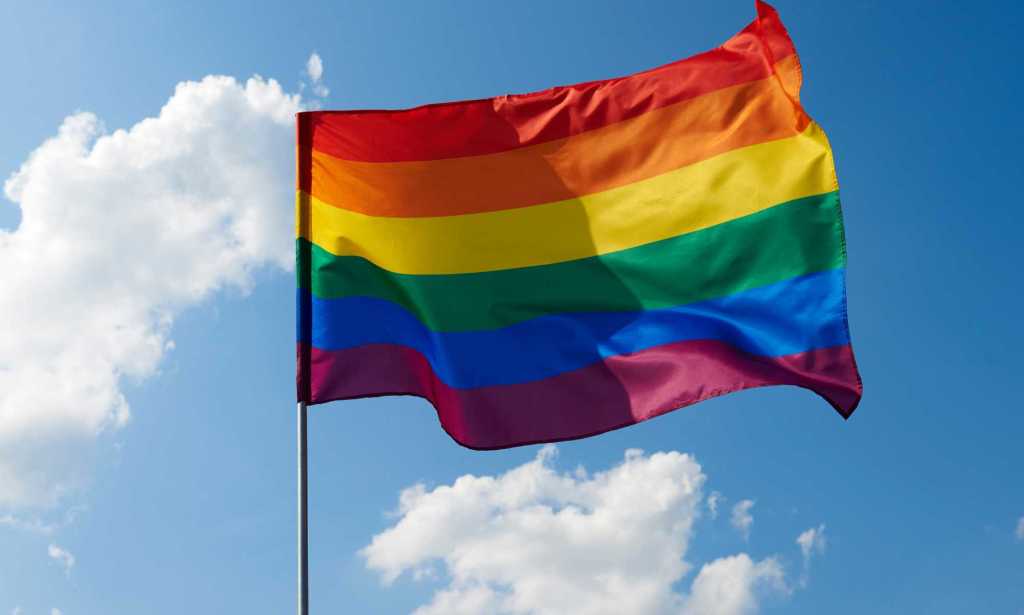Saint Vincent and the Grenadines court rules to uphold ban on gay sex

Saint Vincent and the Grenadines has ruled to uphold its ban on gay sex. (Getty Images)
Saint Vincent and the Grenadines has ruled to uphold its ban on gay sex. (Getty Images)
Gay sex will remain illegal in Saint Vincent and the Grenadines after the country’s High Court ruled to uphold its archaic laws criminalising same-sex relations.
The ruling means that sections 146 and 148 of the Criminal Code 1988, remain intact. While the former carries a sentence of up to ten years for engaging in anal intercourse, the latter carries a five-year sentence for “gross indecency” with someone else of the same sex.
Both sections had been challenged by gay men Kevin Vinc Johnson and Sean Macleish in 2019. The men had claimed that they had been forced to leave the Caribbean island country because of their sexuality. Their High Court battle was unsuccessful and their claims were ultimately rejected.

In his ruling High Court Justice Esco Henry determined that Saint Vincent and the Grenadines’ laws were “reasonably required” and were the “least drastic means to achieve” the country’s goal of reducing HIV cases.
Just last year, the UN warned that anti-LGBTQ+ laws are, in fact, more likely to result in an increase in HIV cases. According to UNAids, HIV rates are five times higher in that criminalise gay sex than in countries that don’t.
Commenting on this week’s disappointing ruling in Saint Vincent and the Grenadines, Cristian González Cabrera of Human Rights Watch tweeted: “Sad day for human rights in SVG. The ruling weakens the rule of law for everyone in this country.”
“The criminalization of gay sex gives tacit state sanction to the discrimination and violence that LGBT people experience in their daily lives and compels many to look abroad to live freely and fulfill their dreams.”
Sections 146 and 148 of the Criminal Code 1988 are rarely invoked, however, LGBTQ+ and human rights activists have warned that the laws have legitimised homophobic abuse and discrimination.

According to a 2023 report from Human Rights Watch, LGBTQ+ people are still subject to homophobic violence and discrimination in their daily lives, ranging from verbal and physical assault to workplace harassment, homelessness, and sexual violence.
As part of the report, nearly every LGBTQ+ interviewee reported at least one recent incident of “physical or verbal abuse, threats, sexual violence, or harassment”, while every LGBTQ+ interviewee said they “wished to leave the country immediately or had envisioned their future abroad due, in part, to the homophobic or transphobic violence and discrimination in the country.”
LGBTQ+ advocacy groups had hoped that Saint Vincent and the Grenadines would have followed in the footsteps of the other Caribbean countries that have decriminalised gay sex in the past decade; Antigua and Barbuda, Barbados, Saint Kitts and Nevis, Trinidad and Tobago.
According to Human Rights Watch, at least 67 countries around the world still uphold national laws criminalising gay sex between consenting adults.

